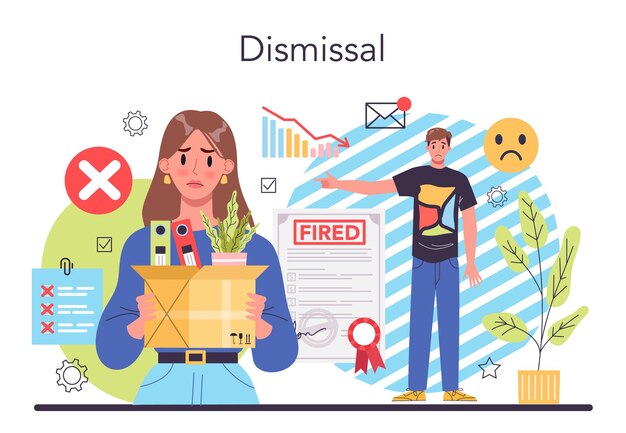
Selenium is a crucial nutrient that you can easily get from your diet or supplements. It’s essential for keeping many of your body’s organs working properly and protecting you from various chronic health problems. Understanding the importance of selenium for your overall health is really important.
The need for selenium changes as you age. This necessary nutrient plays a significant role in your overall health. It has antioxidant properties that protect your body from free radicals and infections, preventing damage to vital organs.
Selenium also plays a part in DNA production, reproduction, thyroid function, and boosting your immune system. You can get selenium from both plants and animals. The selenium in plant foods depends on the soil they grow in, and the selenium in animal products comes from the food those animals eat. Depending on your age and health, you can find the right sources to meet your selenium needs.
However, some people with specific health conditions may struggle to get enough selenium, such as those with HIV, kidney disease, especially those on dialysis, or those consuming poor-quality food from selenium-deficient soil.
While selenium deficiency is not very common, it can cause issues like male infertility, Kashin-Beck disease (a type of arthritis that causes pain, numbness, and swelling), and Keshan disease (a heart condition).
### How Much Selenium Do We Need?
Selenium is vital for your health, and a deficiency can lead to chronic diseases, including cancer. You can usually get enough selenium from your diet, but sometimes supplements are needed. Those who drink alcohol, smoke, or take birth control pills are at higher risk of deficiency. It’s important for these individuals to get tested for selenium levels.
Health specialists recommend the following daily selenium intake based on age and gender:
– Children 1 to 3 years: 20 micrograms
– Children 4 to 8 years: 30 micrograms
– Children 9 to 13 years: 40 micrograms
– Teenagers and Adults 14 and older: 55 micrograms
– Pregnant women: 60 micrograms
– Breastfeeding women: 70 micrograms
Exceeding these limits can be harmful, while getting less can lead to deficiency.
### Signs of Selenium Deficiency
We frequently hear about deficiencies in nutrients like Vitamin D, but selenium deficiency also impacts health significantly. This powerful antioxidant is crucial for several body functions. Here are some signs of selenium deficiency:
– **Disturbed Brain Function**: Selenium helps produce selenoproteins, necessary for brain signaling pathways. A deficiency can lead to memory issues, lack of focus, brain fog, and cognitive problems.
– **Extreme Fatigue**: Constant, unexplained fatigue and exhaustion can be a signal that your body lacks selenium.
– **Thyroid Issues**: Selenium is essential for metabolism. A deficiency can lead to hypothyroidism, causing cell damage.
– **Frequent Sickness**: Without enough selenium, your immune system weakens, leading to more frequent illnesses.
– **Weak Immunity**: Selenium helps produce glutathione peroxidase, which boosts immunity. Its deficiency weakens your immune system.
– **Infertility Problem**: Selenium is crucial for reproductive health. A lack of it can cause fertility issues in both men and women.
– **Weight Gain**: Unexplained weight gain can be due to thyroid issues caused by selenium deficiency.
– **Increased Cancer Risk**: Lacking selenium may increase the risk of certain cancers, though more research is needed.
– **Breathing Shortness**: Selenium is vital for heart health; a deficiency can lead to heart problems and breathing issues.
– **Poor Skin and Nail Quality**: Selenium’s antioxidant properties keep your skin and nails healthy. A deficiency can lead to skin and nail problems.
– **Hair Loss**: Selenium helps with Vitamin C production, crucial for hair growth. A deficiency can cause hair loss.
– **Low Mood**: Low selenium levels can affect your mood and mental strength, leading to anxiety and low energy.
### Risks of Selenium Overdose
While selenium is essential, too much can cause health issues:
– **Diabetes**: Excessive selenium intake may increase the risk of type 2 diabetes.
– **Drug Interactions**: High doses of selenium can interfere with medications like chemotherapy drugs, cholesterol-lowering meds, birth control pills, and corticosteroids.
– **Side Effects**: Symptoms of overdose include nausea, fever, bad breath, liver, heart, and kidney problems.
– **Prostate Cancer Risk**: Men with high selenium levels are at risk of prostate cancer if they take more selenium.
– **Skin Cancer Risk**: High doses of selenium supplements may increase the risk of skin cancer.
Understanding the importance of selenium and recognizing deficiency symptoms can help you maintain your health. If you notice any symptoms, consider increasing your selenium intake through diet or supplements.